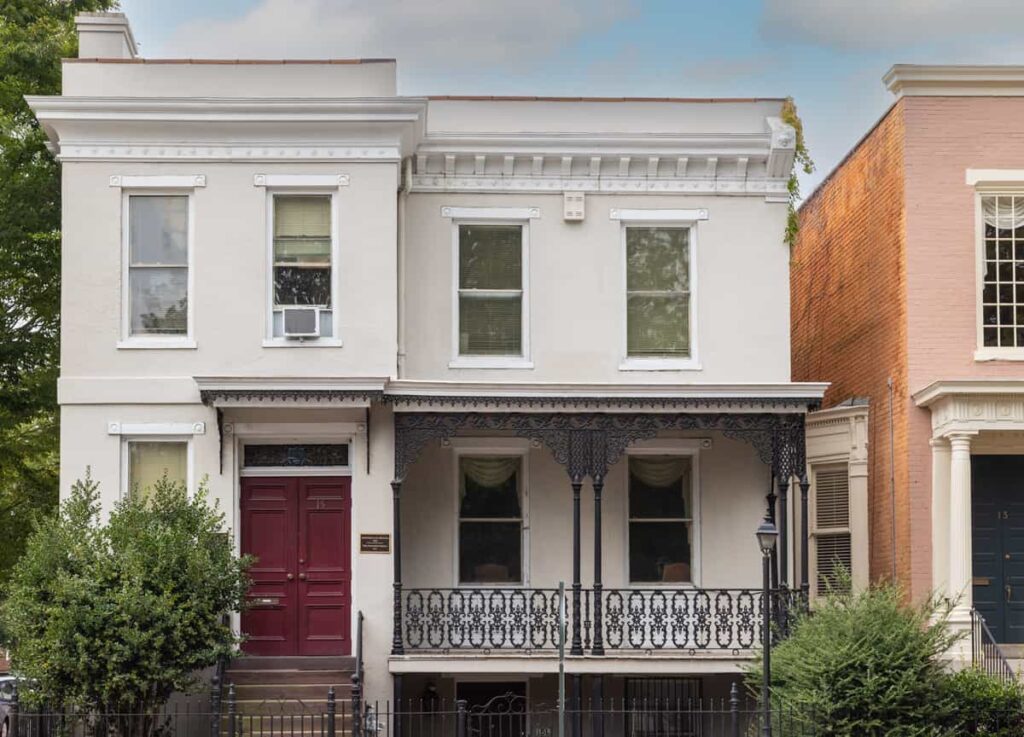This article will guide you through domestic violence charges, such as assault and battery, and understanding protective orders in Virginia
Assault and battery, domestic violence, and protective orders in Virginia (also sometimes referred to as restraining orders) are all serious legal matters that can have significant consequences for those involved. In this guide, we will provide an overview of these topics in the commonwealth of Virginia.
Assault and Battery in Virginia
In Virginia, “assault” is understood to mean placing of someone else in fear of immediate bodily harm or offensive contact. Battery is interpreted to mean the intentional striking or unwanted touching of another person. Both “assault” and “battery” are typically alleged in the same, single warrant.
Assault and battery can be charged as either a class 1 misdemeanor or a class 6 felony, depending on the the circumstances surrounding it. Misdemeanor assault and battery is punishable by up to one year in jail and a fine of up to $2,500. Enhanced penalties can occur when the victim is working as a healthcare employee or school employee, or if they are singled out as the victim of an assault due to being in one of several protected classes. Felony assault and battery is punishable by up to five years in prison and potentially much higher fines. Felony assault and battery is typically charged in case of an assault and battery of a law enforcement officer, but can also apply when the assault and battery is against a judge, magistrate, jail officer, correctional officer, or firefighter.
Domestic Violence in Virginia
Domestic violence is a broad term that refers to any form of physical, emotional, or sexual abuse that occurs within a domestic relationship, such as between spouses, family members, or people who are living together (“cohabiting”).
In Virginia, domestic violence is punishable by law and can result in both criminal and civil consequences. A person who is accused of domestic violence can be charged with domestic assault and battery (a separate Code section from regular assault and battery), as well as other crimes depending on the specific circumstances of the case. (An example being strangulation.) If convicted, the person may face imprisonment, fines, and other penalties.
One of the most common consequences of note for a misdemeanor conviction involving domestic violence is a Federal prohibition on possessing or purchasing firearms, which usually comes up when a customer with such a conviction attempts to purchase a firearm from a firearms dealer.
In addition to criminal penalties, a person who is accused of domestic violence may also face civil consequences, such as the issuance of a protective order. Protective orders, also sometimes referred to as restraining orders, are court orders that can restrict the accused person’s contact with the victim, prohibit them from coming near the victim’s home or workplace, and require them to surrender any firearms they own. They can even grant possession of a particular pet to the petitioner.
Protective Orders in Virginia
There are several types of protective orders that can be issued in Virginia, including:
Emergency protective orders: These orders are issued by a judge or magistrate on an emergency basis (as their name implies), without the accused person present, in order to provide immediate protection for the petitioner. These orders are typically valid for up to three days, and can be extended if necessary.
Preliminary protective orders: These orders are issued after a hearing in front of a judge where both the accused and the victim have the opportunity to present their side of the story. These orders are typically valid for up to 15 days, and can be extended if necessary.
Permanent protective orders: These orders are issued after a full hearing where both the accused and the victim have the opportunity to present their side of the story. These orders are typically valid for up to two years, and can be extended if necessary. In the case of certain crimes, they can be extended up to the lifetime of the defendant.
It is important to note that protective orders are not always permanent, and can be modified or terminated by the court if the circumstances of the case change.
If you are the victim of domestic violence or are seeking a protective order in Virginia, it is important to seek legal assistance as soon as possible. An experienced Virginia lawyer can help you understand your options and assist you in obtaining the protection you need.
If you are accused of domestic violence or are served with a protective order in Virginia, it is important to seek legal representation immediately. An experienced Virginia criminal lawyer can help you understand your rights, helping to prevent further charges that may otherwise come about from misunderstanding of the protective order, and also to defend you against the allegations in any subsequent court hearings. Contact David G. Parker Law today for a free and confidential case evaluation to discuss your rights.







